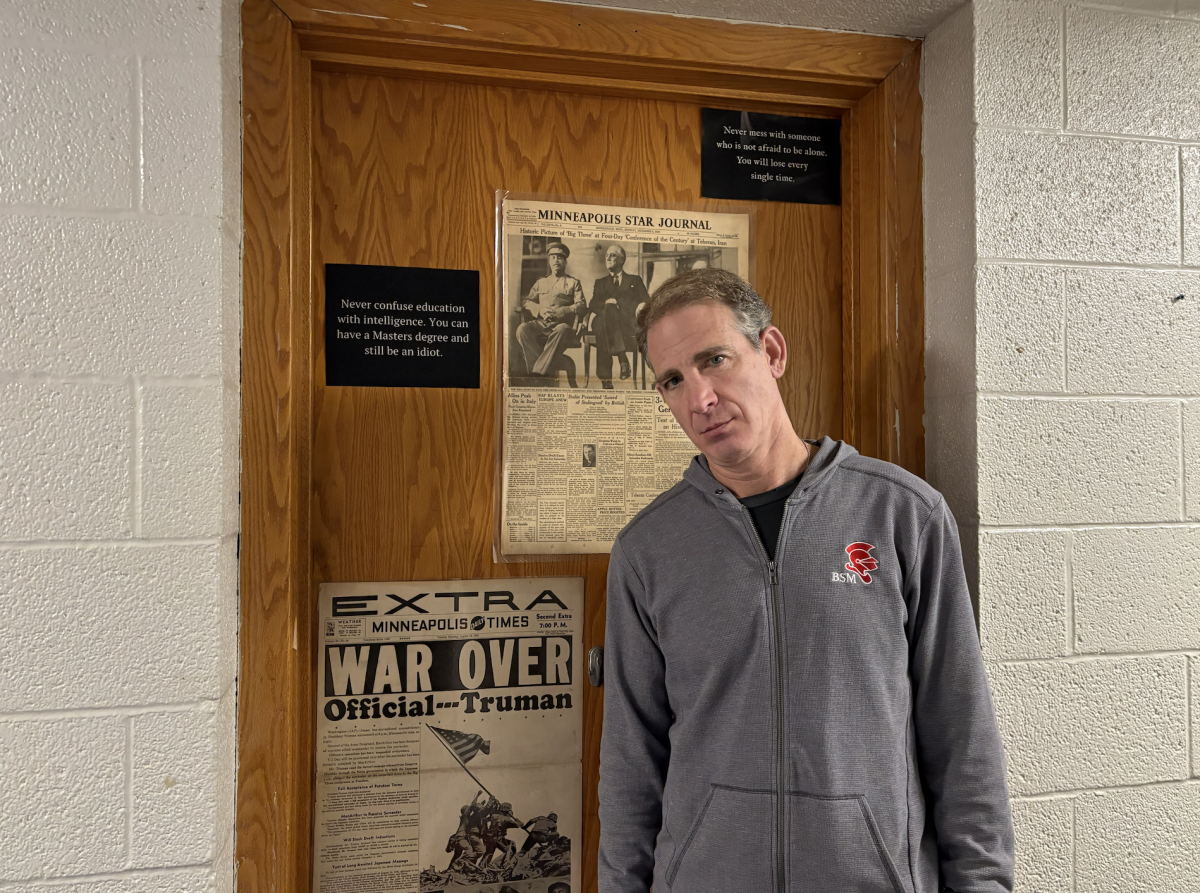Life, Liberty, & Minor Complaints: Sex Ed
Abstinence-only sex ed leaves gaps that can only be filled by a more comprehensive sex-ed curriculum.
Sex education is vital for adolescents as it helps them to be informed about sex and the potential consequences of it. In America, states that require sex education typically either teach abstinence-only sex education or safe sex education. The problem is that only 24 states require any form of sex education to be taught in schools, and only 20 of those states require the information taught to be medically accurate. But even with the states that mandate sex education, 13 of them do not require schools to even mention contraception.
This is obviously problematic as according to the Office of Adolescent Health, a strong correlation exists between states that don’t receive safe sex education and high teen pregnancy rates. Even in states that receive abstinence-only sex education, teen pregnancy rates are significantly higher than in states that receive safe sex education. For example, Mississippi and Nevada both require sex education, but they both stress abstinence as the best method, and both of those states have some of the highest teen pregnancy rates in the nation.
This simple statistic makes it seem obvious that safe sex education is the best way to go, but a study found that slightly fewer teens received information about contraception in 2013 than did in 2010. The lack of growth for safe sex education programs in the United States is mainly attributed to steadfast abstinence believers in local legislatures who don’t read about the effects of abstinence sex education programs compared to comprehensive safe sex education programs. However, when I read up on the effects of sex education, what I found was quite surprising.
First off, 80% of abstinence-only sex education programs were found to have false information within the curriculum according to an investigative report by the U.S. House of Representatives. These factual errors usually involved false numbers regarding the effectiveness of contraceptives, viewing certain religious beliefs as facts, and even teaching sexist stereotypes about women being weak. I think it’s pretty obvious that these errors should not be allowed in the U.S. education system, and it’s pretty absurd that so many schools can get away with giving teens false information that they then use to make very important decisions about their own lives.
Additionally, it was found by the Center for Disease Control that abstinence-only programs increased the rates of Sexually-Transmitted Diseases among teens. This is mainly due to the fact that teens who receive safe sex education are more likely to use protection when having sex and are also more likely to get tested for STDs. Comprehensive safe sex education is based on facts and provides the necessary information to teens in order for them to make an informed decision regarding whether or not they have sex while teens who are taught abstinence often engage in riskier sexual activities that result in more STDs and pregnancies.
The most striking statistic I found is that teens who receive abstinence-only sex education are actually less likely to practice abstinence than teens who received safe sex education. Teens who were taught abstinence also became sexually active at a younger age and had sex more often than those who were taught comprehensive safe sex education. It seems counterintuitive, but the goals of abstinence sex education are much more effectively accomplished by comprehensive safe sex education, and abstinence sex education sometimes seems to do more harm than good.
Schools, such as BSM, that for religious or value-based reasons don’t offer comprehensive sex education are missing out on the benefits that this type of program provides.




































![Teacher Lore: Mr. Henderson [Podcast]](https://bsmknighterrant.org/wp-content/uploads/2025/03/teacherlorelogo-1200x685.png)





